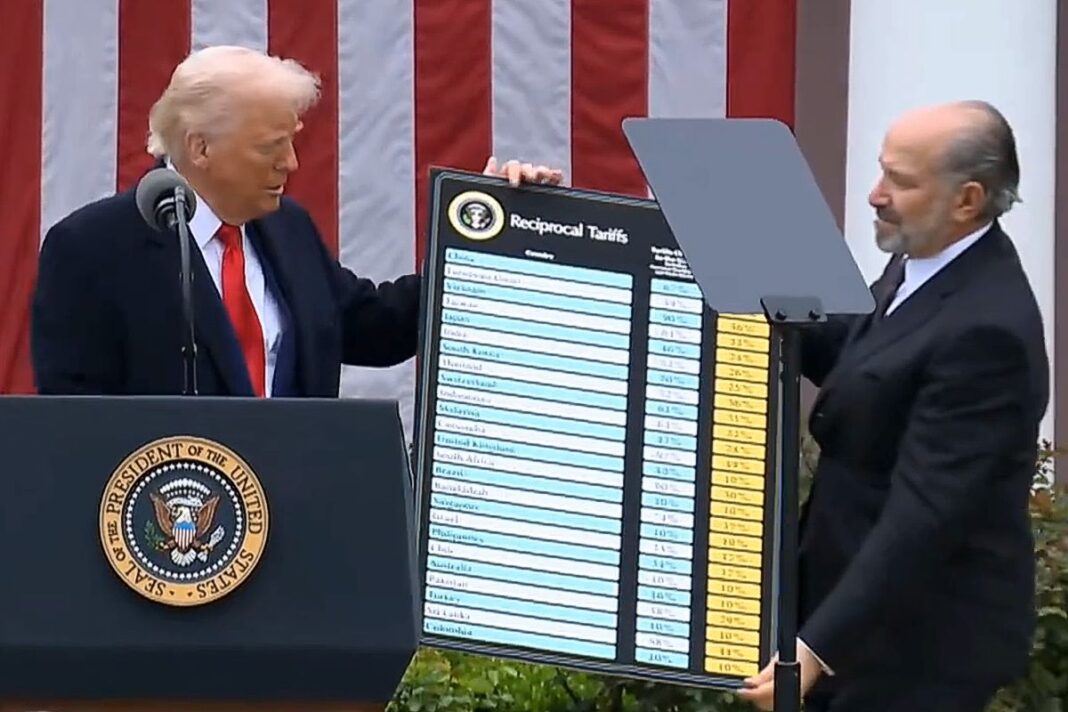Schools that reluctantly agreed to terms are waiting out the current administration and may still oppose viewpoint diversity, a national scholar says.
Reforming higher education was a campaign promise made by President Donald Trump, and it remains among his highest priorities.
Shortly after taking his oath of office, Trump signed executive orders prohibiting DEI (diversity, equity, and inclusion) policies, anti-Semitism, and other practices on college and university campuses.
Announcing that the wealthiest institutions would be examined first, he opened investigations into 60 universities. The president also froze federal funding at several institutions, citing Civil Rights laws that prohibit discrimination based on race, gender, religion, or national origin.
Many of the schools Trump has confronted have reluctantly reached an accord with the federal government—for the time being, said Peter Wood, president of the National Association of Scholars.
“The attitude of college administrators is, ‘we don’t want to be the next one to be in the spotlight like Harvard or Columbia,’” Wood, who has also worked as a university professor and administrator, told The Epoch Times.
“I don’t need to be the fastest one to run away from the bear. I just need to be faster than the other guy.”
Here’s a summary of the actions by the Trump administration so far:
Harvard University
America’s oldest university remains locked in a legal battle with the Trump administration over DEI, anti-Semitism, and international student visas, though both sides have signaled signs of cooperation.
On July 29, Harvard announced it would release employee documents to the Department of Homeland Security, which has concerns about the eligibility of noncitizens. Before that announcement, Trump on two occasions noted that he and Harvard are close to reaching an agreement on other matters.
The Trump administration previously accused the Boston-based Ivy League university of both anti-Semitism and discriminatory DEI practices and froze billions in federal research funding. That prompted a lawsuit from Harvard, which called the action unconstitutional and a violation of free speech. The matter is still in federal court.
A second lawsuit against the federal government ensued after Trump attempted to end Harvard’s visa program for foreign students. A federal judge blocked that executive action. Trump has also threatened to revoke the university’s tax-exempt status.







